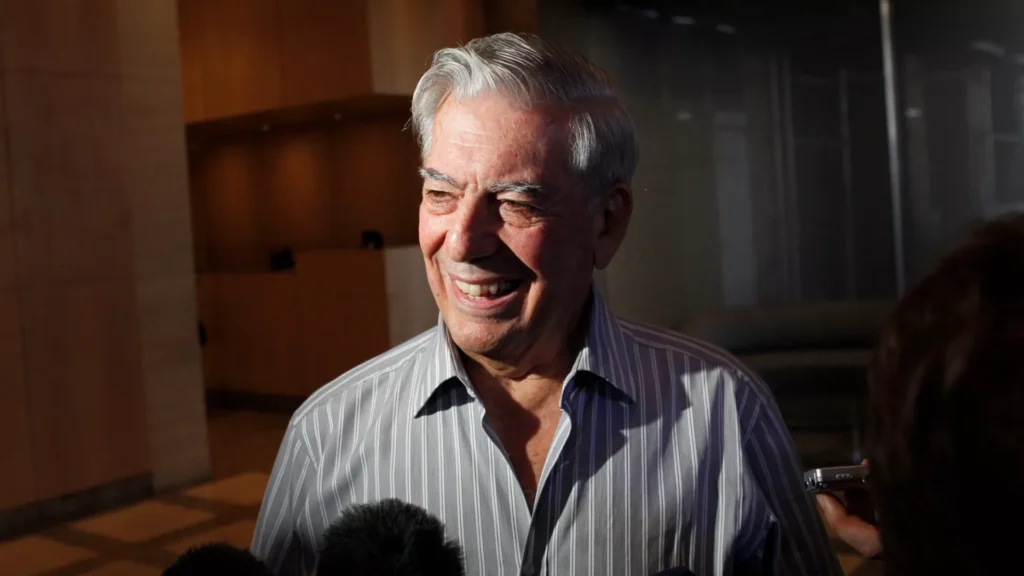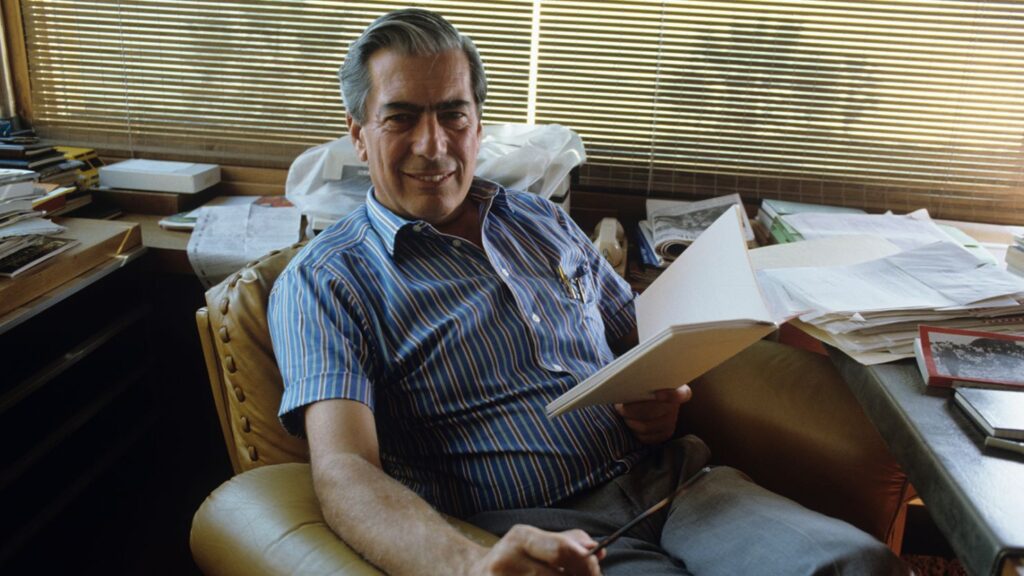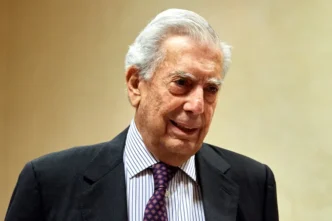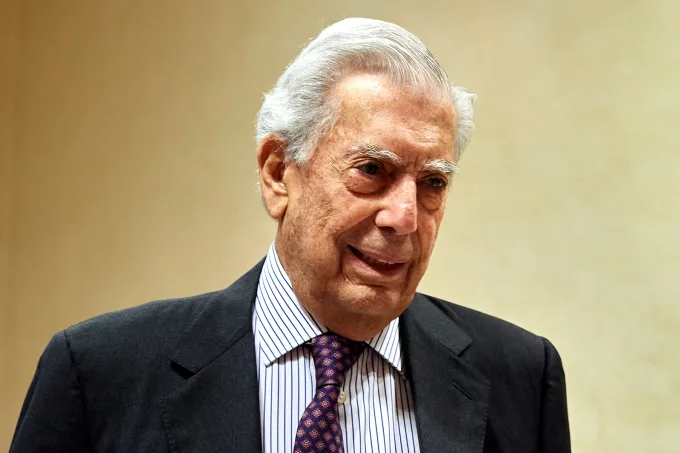The world of literature is mourning the death of Nobel Prize-winning author Mario Vargas Llosa, who passed away at the age of 89.
His death was confirmed by his family in a statement shared by his son, Álvaro Vargas Llosa, on social media.
“It is with deep sorrow that we announce that our father, Mario Vargas Llosa, passed away peacefully in Lima today, surrounded by his family,” the statement read.
The celebrated author died in Lima, Peru, and is expected to be honoured at a private ceremony with family and close friends in attendance.
His passing marks a major loss for the literary world and for readers across the globe who admired his unique ability to explore power, politics, and the human condition.

Vargas Llosa was widely recognised for his powerful storytelling and political insight.
In 2010, he was awarded the Nobel Prize in Literature for what the Swedish Academy described as “his cartography of structures of power and his trenchant images of the individual’s resistance, revolt, and defeat.”
He was best known for notable works such as Conversation in the Cathedral, The War of the End of the World, and Aunt Julia and the Scriptwriter, which was adapted into the 1990 film Tune in Tomorrow.
Peru’s President, Dina Ercilia Boluarte Zegarra, expressed deep sorrow, describing him as an “illustrious Peruvian of all time.”
The presidential office added, “His intellectual genius and vast body of work will remain an everlasting legacy for future generations.”
Born in Arequipa, southern Peru, Vargas Llosa spent part of his childhood in Bolivia, where his grandfather worked as a Peruvian consul.
He later studied in Lima and published his first play, La Huida del Inca* in 1952.
Over the years, Vargas Llosa worked as a journalist, broadcaster, and academic.
He lived in various cities including Paris, London, Barcelona, and Washington.
His first novel, The Time of the Hero, published in 1963, brought him international fame and was translated into more than a dozen languages.

Further achievements included The Green House, Captain Pantoja and the Special Service, and The Feast of the Goat, published in 2000. His 2006 novel, The Bad Girl, also received global attention.
In his Nobel Prize acceptance speech, Vargas Llosa said, “I think literature is pleasure, but it’s also a very important instrument to move forward in life.”
He credited French writer Gustave Flaubert as a major influence on his writing style and discipline.
His children said in their statement, “His departure will sadden his relatives, his friends and his readers around the world. But we hope that they will find comfort, as we do, in the fact that he enjoyed a long, adventurous and fruitful life, and leaves behind him a body of work that will outlive him.”













